Five key takeaways, concerns and questions from the Cass report
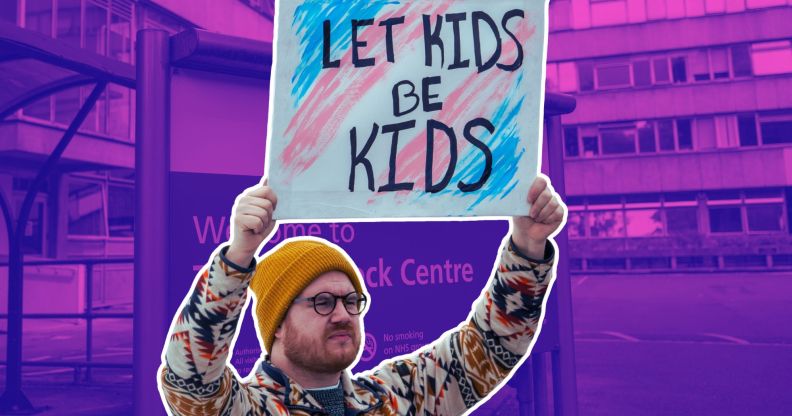
The Cass report makes a number of recommendations on trans youth healthcare and support in England. (Getty)
After four years of waiting, the Cass report into the model of care for trans youth in England has been published in full.
The report, published on Wednesday morning (10 April), has made upwards of 32 recommendations to restructure the way in which trans youth receive care.
NHS England commissioned paediatrician expert Dr Hilary Cass to head the report in 2020 in response to the sharp rise in referrals to what was then England’s only youth gender clinic in Tavistock.
The fully published report builds upon the guidance from an interim report in 2022 that recommended that the Tavistock clinic be closed in favour of regional hubs across England.
New recommendations include a “holistic approach” to treatment, while emphasising “extreme caution” in prescribing puberty blockers to under-18s.
Many of the Cass report’s findings and subsequent recommendations have been subject to criticism from experts and families with trans kids, with some questioning whether the evidence behind the report is robust enough.
Here are five key considerations, concerns, and takeaways from the Cass report.
What are the proposed changes to trans youth healthcare?
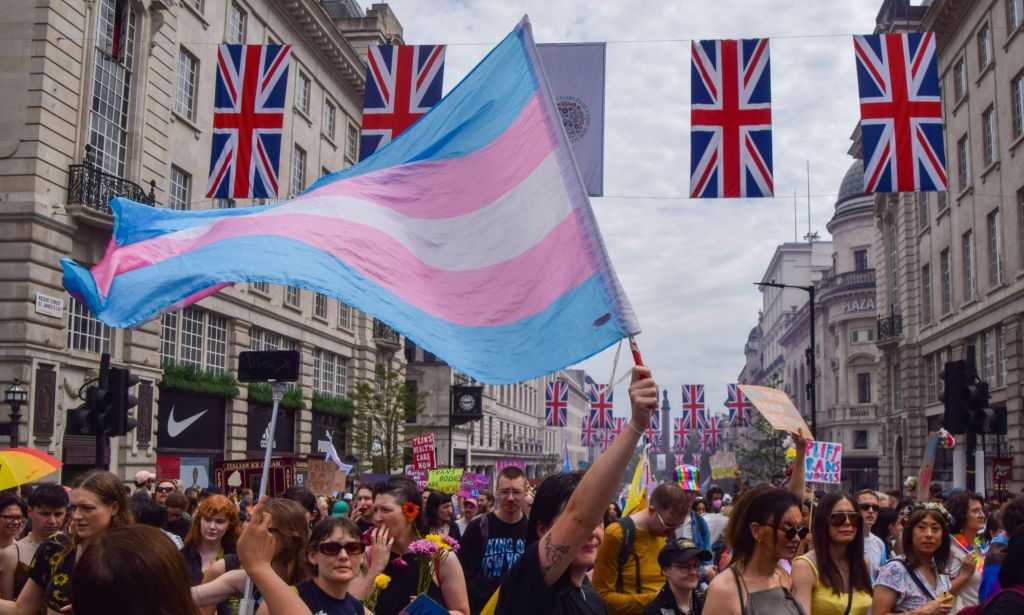
As part of its primary goal, the Cass report has made several recommendations about restructuring the model in which trans youth clinics provide care.
Building on from the recommendations made in its interim report in 2022 on creating regional hubs in England – which NHS England has already actioned – other systemic changes include the separation of pathways between pre-pubescent children and teenagers.
These pathways include avenues for young children and their families, which the report says will focus on “how parents can best support their child in a balanced and non-judgemental way.”
A follow-through service for 17-25 year olds who will transition to one of England’s adult Gender Identity Clinics (GICs) is also recommended. This recommendation has received a mixed response from experts, who say that the idea has “merit” but could potentially further restrict hormones for adults.
Dr Aiden Kelly, a clinical psychologist and director of the independent service Gender Plus, said that the restructure, if done correctly, could help address a large number of referrals that contribute to years-long wait times, which he said “come between the ages of 15-25 years.”
“The existing NHS model essentially results in trans youth ageing out of children’s service and into adult service often before they even have their first appointment,” Kelly said.
The report also recommends that patients would also have to undergo a “holistic assessment” for “neurodevelopmental conditions” such as autism or ADHD.
Concerns raised over hormone access for adults under 25
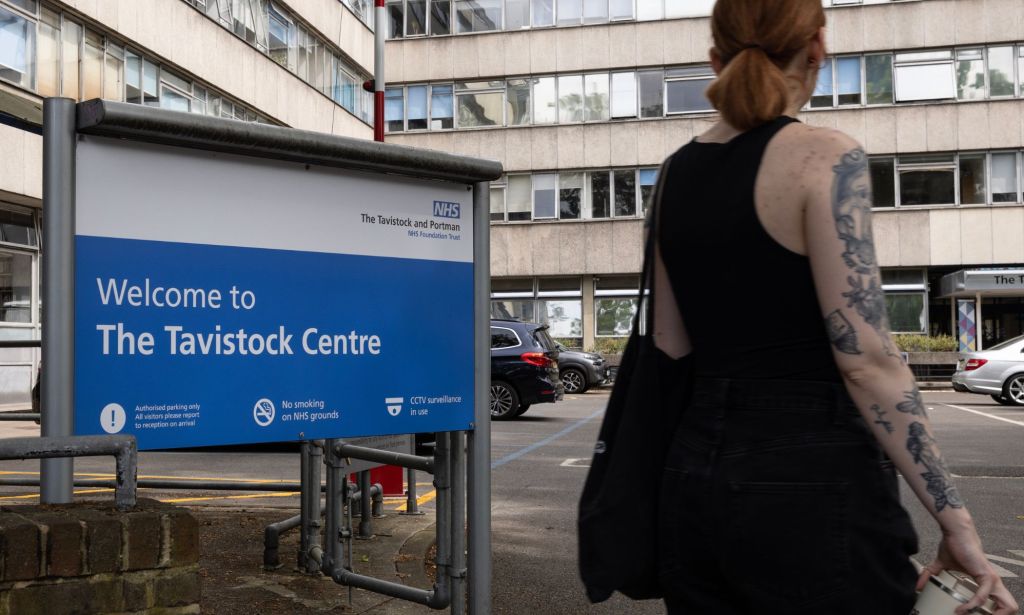
Concerns over access to gender-affirming care for under-25s has been a major talking point since the report was released.
Experts, activists, and families of trans youth have expressed concern over the report’s 23rd recommendation to establish a “follow-through service” for 17-25 year olds.
The recommendation states that each regional hub should establish a service for those transitioning to an adult GIC either by “extending the range of the regional children and young people’s service or through linked services.”
While the possible impact remains unclear, this could mean that adults under 25 could be subject to the precautions and restrictions around child and adolescent care, despite being over the age of 18.
Cass wrote that, while hormones should be available for those aged 16 and above, they should only be prescribed if a clinician has a “clear clinical rationale” for the decision.
This has concerned experts and activists, many of who argue that 25 is too high an age to be restricting hormone access.
In a statement to PinkNews, Stonewall’s director of campaigns and human rights, Robbie de Santos, urged “due care” to avoid the creation of more unnecessary barriers for trans people.
“Without due care, training or further capacity in the system, other [recommendations] could lead to new barriers that prevent children and young people from accessing the care they need and deserve,” he said.
Existing research into clinical guidance deemed ‘poor quality’ by Cass report
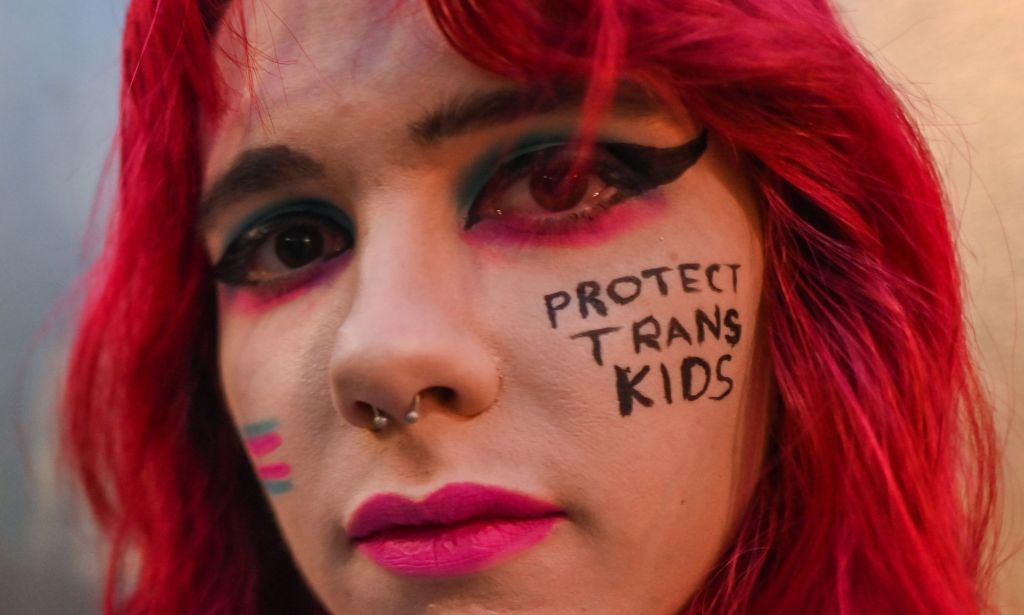
Part of the key findings of the Cass report asserts that a “considerable” amount of existing research into clinical guidance for the treatment of trans people is of “poor quality” and “not a reliable evidence base.”
Included in the report is a section on the World Professional Association for Transgender Health (WPATH) – an internationally recognised organisation devoted to supporting trans people – which it claims lacks “developmental rigour.”
In an opinion piece on the Cass report, Dr Natacha Kennedy, co-chair of tthe Feminist Gender Equality criticises the report’s approach to analysing research and challenges the claim in the report that “social transition in childhood may change the trajectory of gender identity development for children with early gender incongruence.”
Kennedy writes that there is “no evidence that prohibiting social transition will help trans children” and “plenty of evidence that it will not.”
“It is my opinion that what Cass is attempting to establish is an all-enveloping ambient conversion therapy approach to trans children, removing their autonomy, freedom of expression, mental health, helpful support and healthcare,” she writes.
Do the recommendations help or hinder trans youth?
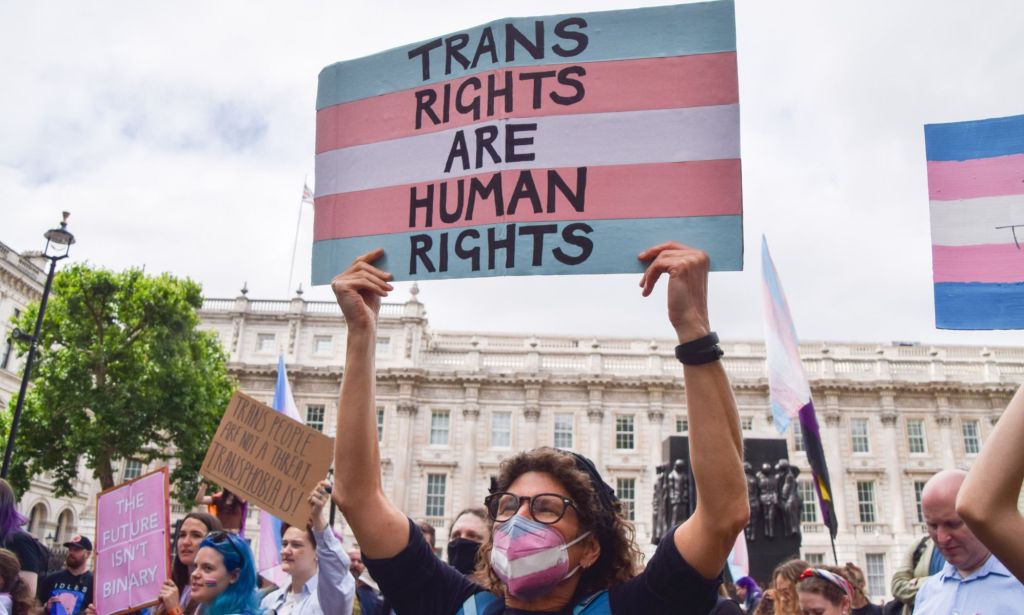
Questions as to whether the approach outlined in the Cass report will be wholly beneficial or negative towards giving trans youth the support they need have only grown following its publication.
In a statement on the report, Hilary Cass said: “The central aim of gender care should be to help young people to thrive and achieve their life goals. The immediate goal must be to address distress and any barriers to participation in everyday life.”
“What I am recommending is an expansion of capacity distributed across the country, grounded in paediatric services and delivered in a consistent way,” she continued. “A much more holistic offer of care that considers the child as a whole person and not just through the lens of their gender identity.”
However, a blog post from Growing Up Transgender – a blog written by parents who have a trans child – questions whether the report has made any meaningful steps to that end.
“It fails to depathologise trans lives,” they wrote. “It fails to centre trans children’s rights. It provides a veneer of credibility to policies, practices and systems that are backwards, pathologising, abusive, and deeply damaging to trans children and young people.”
A spokesperson from the human rights nonprofit groups Amnesty International UK and Liberty also claimed the report was already being “weaponised” by anti-trans figures and organisations.
“This review is being weaponised by people who revel in spreading disinformation and myths about healthcare for trans young people,” the spokesperson said.
“It is concerning that sections of the media and many politicians continue to spread moral panic with no regard for the possible consequences for trans people and their families.”
Can and will any of the recommendations be successfully implemented?
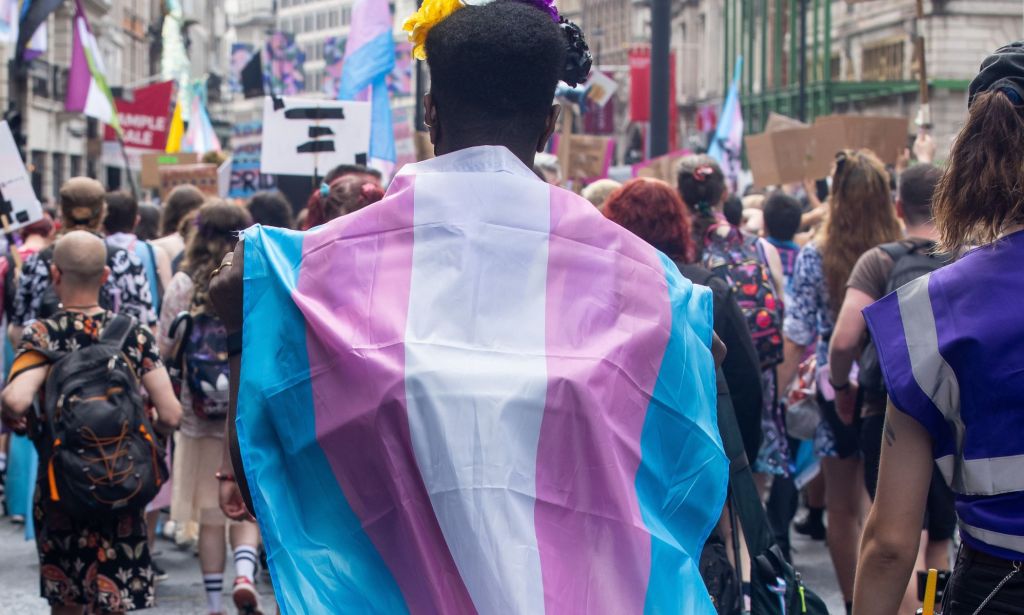
Whatever questions remain about the Cass report’s recommendations, most experts have reiterated that, above all else, NHS England needs to do its best to actually implement the guidance and offer a better service to trans youth
Dr Aiden Kelly expressed particular concern about whether recommended changes would be successfully implemented, saying that it’s “hard to remain hopeful.”
Issues around the way the guidance is being implemented have already risen after a whistleblower at one of the new regional gender hubs which opened for preliminary care in April said it was “nowhere near ready.”
Lack of experience and “messy” processes are just some of the alleged issues an anonymous member of the service told iNews in early April, saying that many of the new clinicians are “not fully training.”
“We’re going from a single-service model to a no-service model,” they said.
Speaking to PinkNews, Kelly said that he similarly believed that implementation of the new recommendations would likely not be up to scratch.
“I’ve no doubt that much of what’s been written in these reports won’t be able to be fully implemented,” he said.
“These were already seen with these early regional hubs. They don’t know how to fill these positions.”
How did this story make you feel?
